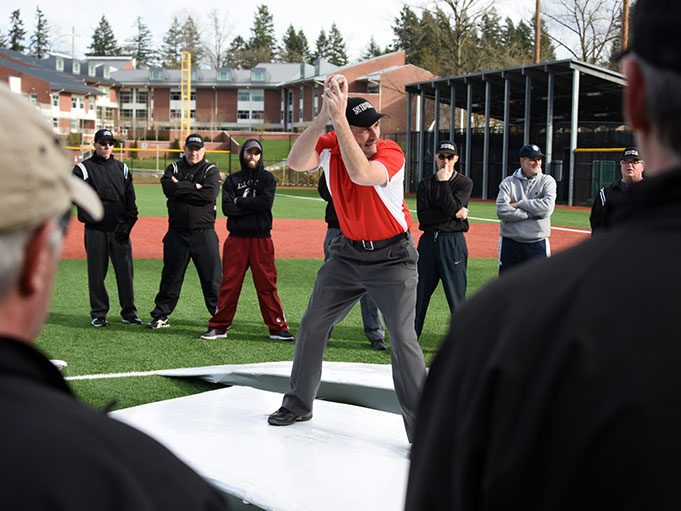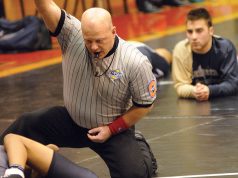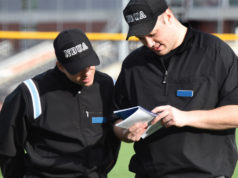There may be no more important role for current officials than to be mentors. If the next generation of officials is to become proficient and to maintain the traditions of good officiating, the newer officials must get the proper guidance.
In order to be a helpful mentor, there are some “must dos.” Here are five of them.
1. Consider personalities.
Before offering your mentorship, make sure you will mesh. If you were a hothead when you started, you can address those experiences. If you were shy and unsure, you might have more in common with a new official with that same temperament.
2. Don’t misrepresent yourself.
Remember that even though you are more experienced, you aren’t necessarily an expert. Don’t be afraid to admit you’ve made mistakes. Use them as teaching points. And while your career may have had plenty of highlights, babbling on about them isn’t mentoring; it’s bragging.
3. Don’t hold back.
If you withhold information thinking that passing on the tricks of the trade will result in the mentee getting more or better games than you, you shouldn’t be a mentor.
4. Make time.
Unless you’re willing to put in the necessary time and energy, there will be problems. Some mentors find it’s helpful to work a game with the newer official. If you can multi-task without compromising your own officiating, taking the newer official onfield with you is a great way to mentor.
5. Be available.
Set up regular meeting times and discuss ways to improve. Set dates to attend games the newer official works and set aside time for a comprehensive postgame discussion. In-person meetings are preferable but not required. Let the newer official know that you’d welcome a phone call or email with any questions or concerns.
What's Your Call? Leave a Comment:
Note: This article is archival in nature. Rules, interpretations, mechanics, philosophies and other information may or may not be correct for the current year.
This article is the copyright of ©Referee Enterprises, Inc., and may not be republished in whole or in part online, in print or in any capacity without expressed written permission from Referee. The article is made available for educational use by individuals.

















